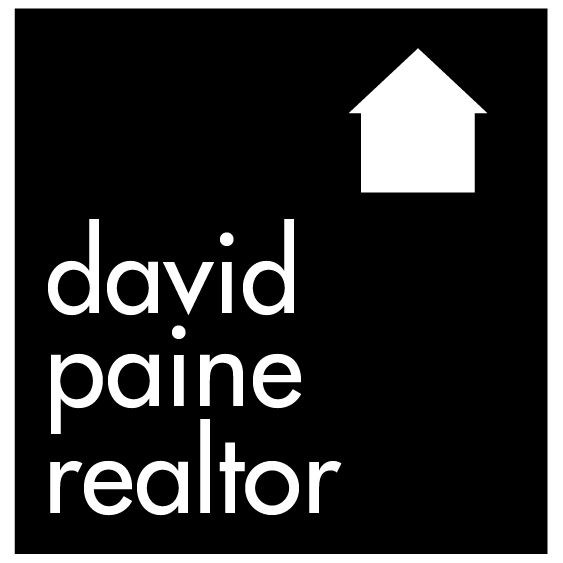Last week Kate participated in a panel discussion at the Nashville Neighborhood Celebration on “What it means to be a good neighbor?”. Here are some take-aways:
Good neighbors know their neighbors. You don’t need to know everyone in your neighborhood but should aim to know, by name and phone or text number, your neighbors on either side of you and directly across the street. If everyone on your street knew those 4-5 neighbors, eventually everyone in the neighborhood would be connected. Take a walk at the time of day when folks go out to get their mail and say hello or have a brief conversation with whoever you pass. It’s a great way to have face-to-face interaction with neighbors and to build friendships.
Help your neighbors and ask them to help you. Nothing builds a relationship like extending yourself to someone and asking for help. Nothing major, just small favors that help you or your neighbor out (e.g. the proverbial “can I borrow an egg?” or “I’ll be out of town next week, just wanted you to know?”). That kind of friendliness creates a bond between you and says you can ask for my help and it won’t be out of bounds.
Welcome newcomers. This one activity can really impact the sense of community newcomers develop. Even if you don’t do it immediately, find a way to go introduce yourself and welcome a new resident. Tell them something about yourself and their other neighbors, talk about the things you like in the neighborhood, explain customs, events, and neighborhood organizations they might find interesting.
Participate in some way in building a safe, attractive, organized neighborhood.
Watch out for your neighbors. Keep an eye out for things that don’t seem right or look suspicious. Encourage pride of place by paying attention to the visual impact your home has on the neighborhood. Maintain your house and property (e.g. lawn mowed, trash where it’s supposed to be, repairs made in a timely manner). Join the neighborhood association, Neighborhood Watch group or a committee of neighbors and lend your skills to their efforts.
Appreciate the neighborhood’s character and personality. Every community has things—developed over time—that make it a little bit different from other places. Historical or architectural attributes that give a neighborhood a special feel. Traditions of neighborliness or customs that are unique. Those things make it memorable and should be acknowledged and celebrated by residents old and new.

